US lawyers tell UK court Assange should be extradited
The US has launched a fresh attempt to have WikiLeaks founder Julian Assange extradited from Britain to face charges that could jail him for life.
On Wednesday, lawyers for the US appealed against a British judge's decision to block the 50-year-old Australian’s extradition, arguing that concerns around his mental health should not prevent him from facing his charges.
In January, District Judge Vanessa Baraitser at London's Old Bailey ruled that Assange should not be extradited to the US, citing fears he could commit suicide, thus blocking his transfer to the US where he would be prosecuted for publishing secret US military documents.
At the start of a two-day hearing in London, the US government asked Britain's High Court to overturn the ruling.
"We maintain that the district judge was wrong to come to the conclusion she did," said James Lewis, lawyer for the US government.
The two senior judges sitting on the High Court will deliver their own ruling at a later date, but the issue will probably drag on for longer still.
A document outlining Lewis's arguments, presented to the court and released to media, said the US had provided the UK with "a package of assurances" addressing the judge's concerns.
"The United States has also provided an assurance that the United States will consent to Mr. Assange being transferred to Australia to serve any custodial sentence imposed on him," the document said.
Outside the court in central London, dozen demonstrators demanded his immediate release from London's high-security Belmarsh jail.
One protester dressed in black and a funereal veil held a banner, reading, "RIP British Justice," while another said Assange was an innocent defender of "press freedom".
"Extradition is a death sentence basically. If he's extradited to America the conditions will be so much worse," said one of the demonstrators.
Washington accused Assange of 18 offenses during the administration of former president Barack Obama in connection with the release by WikiLeaks of the secret US military records and diplomatic communication, which the government claimed put American lives at risk.
Many of those records unveiled covert efforts to take innocent lives or cover up atrocities by American military officers and their proxies overseas.
WikiLeaks first came to prominence when it published a US military video in 2010 showing a 2007 attack by Apache helicopters in Baghdad that killed a dozen people, including two Iraqi reporters working for the UK-based Reuters news agency. It then released thousands more of US classified files and diplomatic cables.
VIDEO | Ramadan begins in France amid optimism, challenges
Hamas: Huckabee’s remarks expose ‘American bias towards Zionist domination, annexation’
‘We will not bow to pressure or coercion’: President Pezeshkian
Trump raises global tariffs to 15%, calls Supreme Court ruling ‘ridiculous’
IRGC Navy tests Sayyad-3G air defense missile in Strait of Hormuz
Iran labels EU naval, air forces as ‘terrorist’ in response to IRGC listing
ICE quietly buys warehouses for major detention expansion
Family of US citizen killed by Israeli settler demands end to impunity


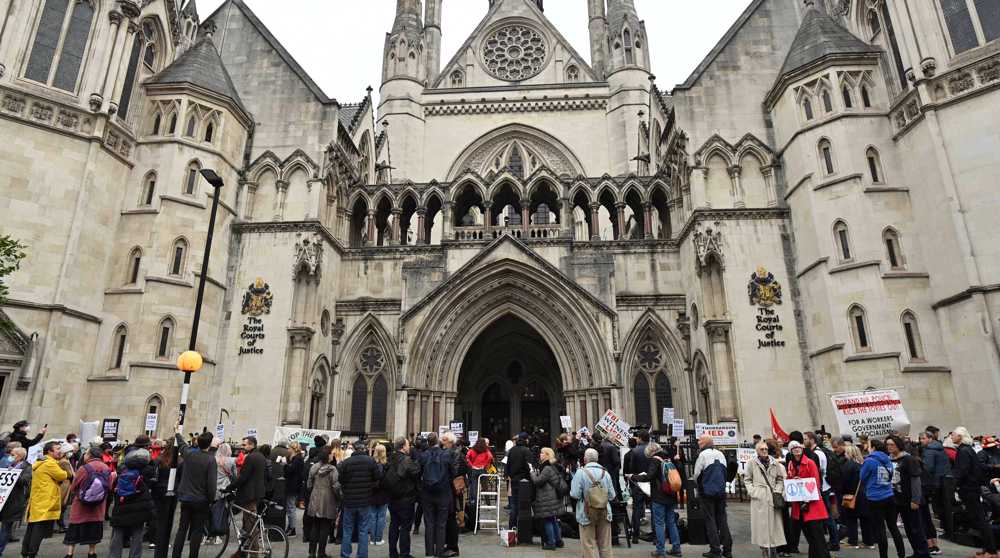

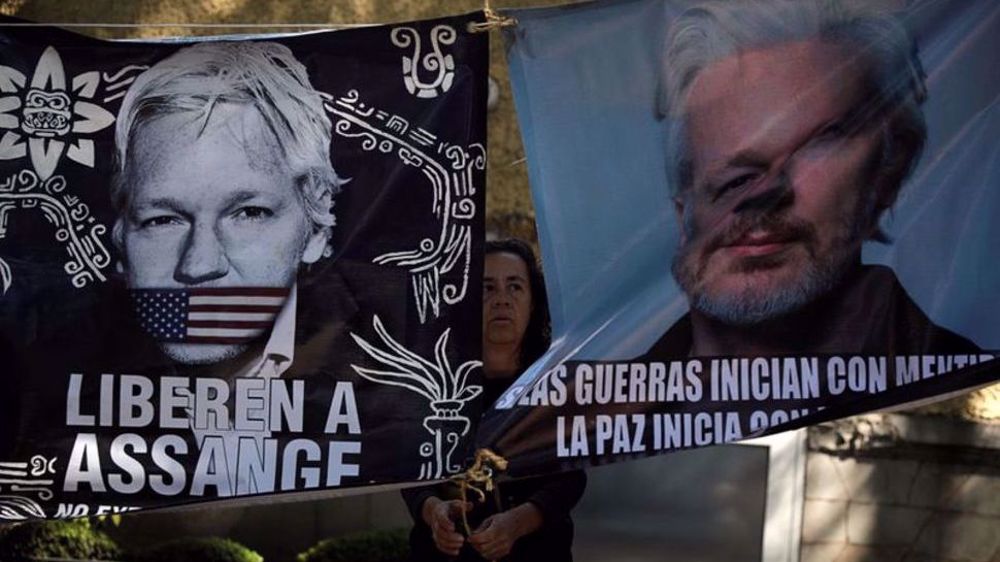
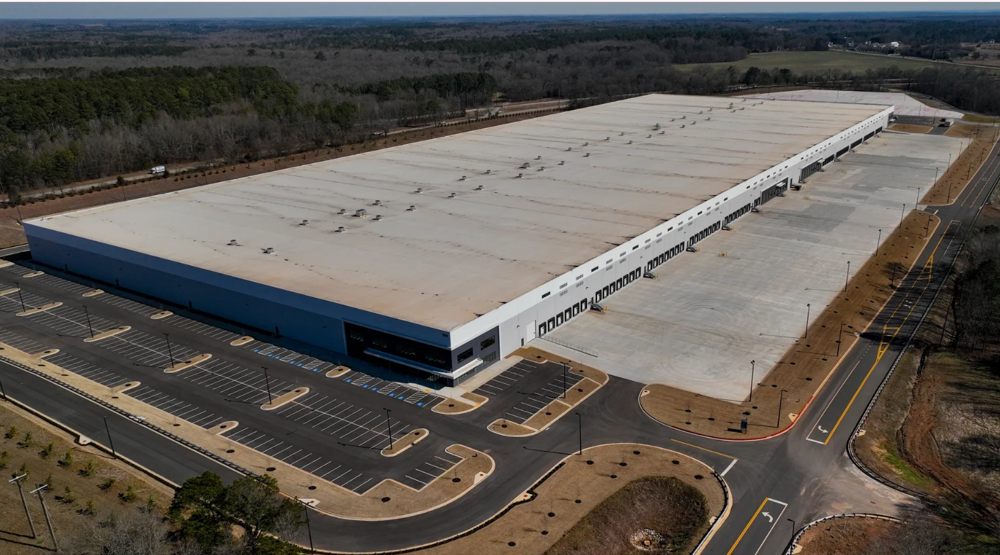
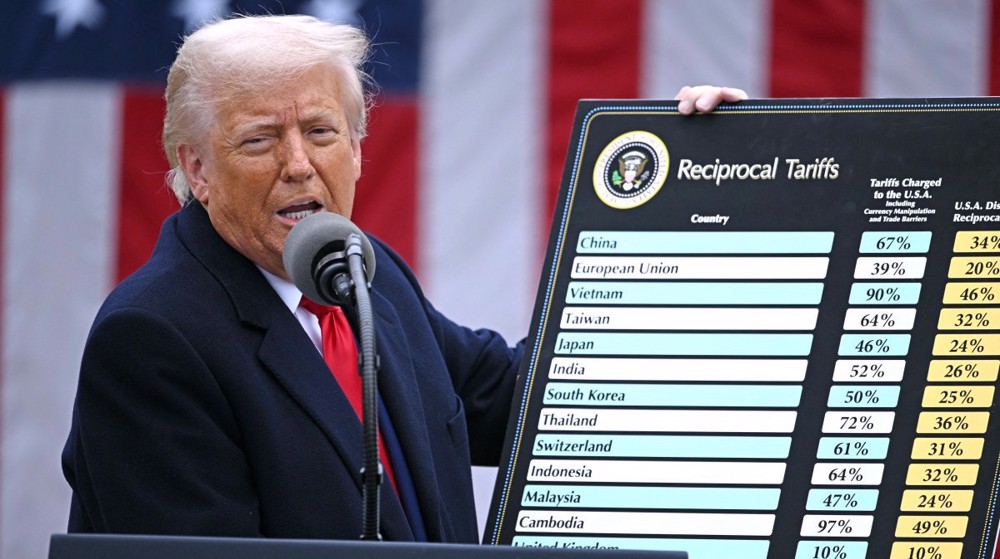
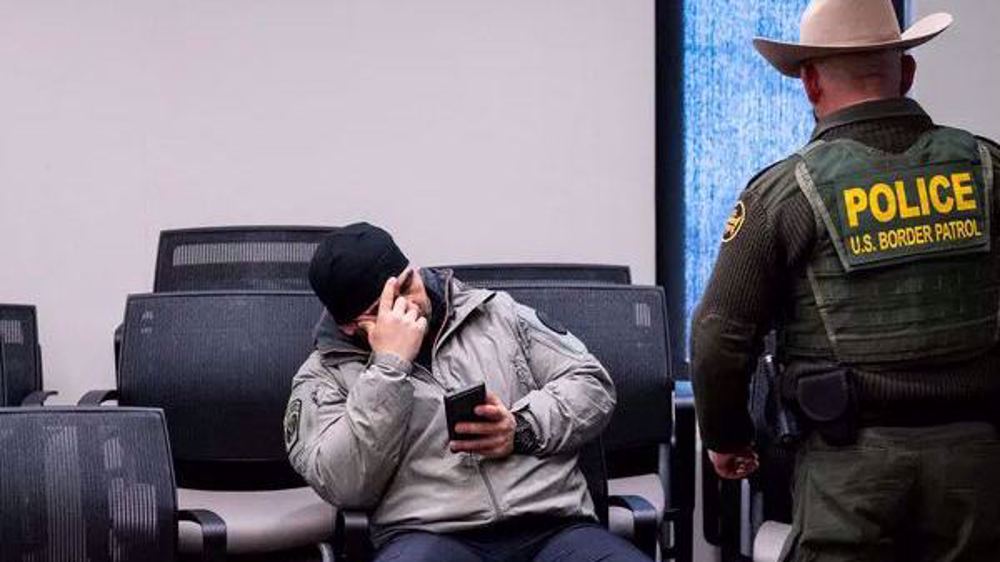



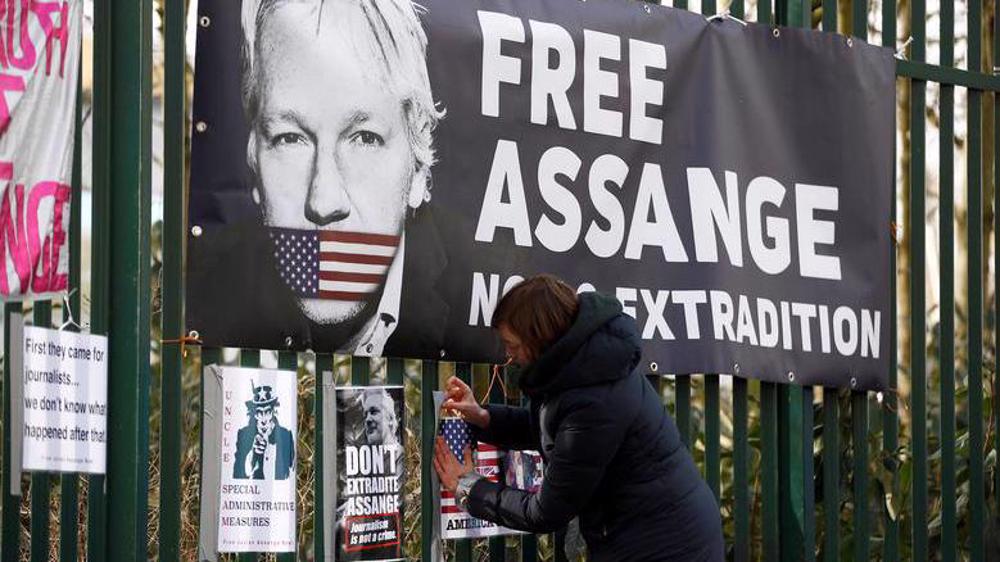


 This makes it easy to access the Press TV website
This makes it easy to access the Press TV website